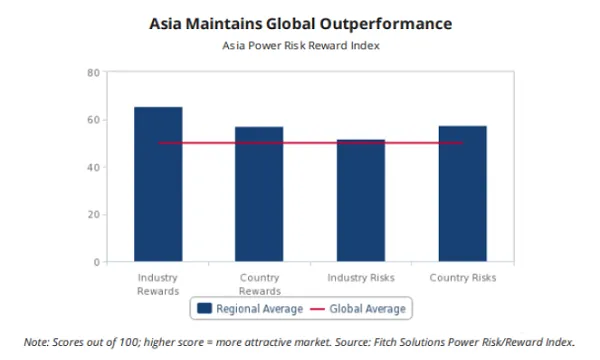
Asia's energy policies largely untouched by effects of electoral season: study
There is little scope for a new government to depart from policies in Thailand, Indonesia, India, and Australia.
Asia’s Power Risk Reward Index (RRI) profile maintained its global outperformance, after exceeding the global average in every key component, according to a report by Fitch Solutions.
Although the electoral season in the region caused a fall in the average country risk scores in Q1, the power sector remained largely shielded from uncertainties over policy continuity. This is because there is little scope for a new government to depart from the existing energy policies in the respective countries – namely in Thailand, Indonesia, India, and Australia, Fitch Solutions explained.
The overall Asia RRI profile was balanced out by a high ‘industry reward’ and moderate ‘industry risk’ score, both of which improved during the quarter.
“There has been a notable improvement in some markets such as Australia, Taiwan and Thailand this quarter, with Australia topping the region,” the report’s authors observed. “This is primarily due to the improvement in their respective ‘industry rewards’ score as we upgraded our forecasts for non-hydropower renewables capacity in these markets.”

Australia outperformed the regional and global averages in the four key components of the Power RRI, and is characterised by robust rewards on offer to prospective investors, coupled with a very low risk environment, data showed.
According to Fitch Solutions, the renewables sector will be a key growth outperformer for Australia.
“State governments remain strongly committed to supporting the sector, despite uncertainties surrounding long-term energy policy at the Federal level. For example, the Morrison government confirmed in 2018 that it would not renew the Renewable Energy Target after 2020, but state governments such as in South Australia, Victoria and Queensland have set their own state targets and are set to proceed without Federal support,” Fitch Solutions highlighted.
The firm’s positive forecasts for Australia’s renewables sector, particularly in solar and wind, have improved the country’s industry rewards profile significantly, which accounted for an improvement in their RRI ranking to top the region in Q1.
Fitch Solutions further added that it expects renewables growth in the country to be complemented by the large-scale expansion of Australia’s Snowy Hydro pumped-storage facility, following the recent government approval for the project. This is due to the technology’s ability to balance intermittent renewable power supply and also act as storage capacity.
Meanwhile, frontier markets in Asia such as Myanmar, Cambodia, Laos, and Sri Lanka remained firmly at the bottom of the regional rankings, largely due to the opaque business environment riddled with high risks.
Laos was found to be one of the worst performing countries in the region in Q1 with a fall in all four components of its RRI profile relative to Q4 2018.

“We have previously lowered our power forecasts slightly for the next two years, as a result of the ongoing state-driven process of safety checks and consultations on hydropower safety in the wake of the Xe Pian Xe Namnoy dam collapse in July 2018,” Fitch Solutions noted, adding that it anticipates this process to slow construction and delay some of the projects’ completion schedules. However, barring any major negative discoveries during the review process – to the point where facilities that have already been initiated have to be shelved.
Whilst Laos offers substantial industry rewards, it also has poor country and industry risk scores, which are significantly lower than the regional and global averages. Its business environment remained opaque, and competition was limited as the state remains dominant in the market.
“The market is also hampered by difficulties in access to financing, high legal risks and an inefficient grid network. Ongoing hydropolitics and opposition to hydropower in the region also remains a persistent political risk that have threatened to derail projects. Slowing GDP growth, lack of economic diversification, and a rising external debt have also weighed on the country’s economic risk profile,” Fitch Solutions highlighted.
As Asia is home to many emerging markets, the firm said it expects strong macroeconomic fundamentals and government support for expansion of the power sector in the region to support rapid power consumption growth.
Increased availability of financing, particularly with aid from the Asian Development Bank (ADB) and World Bank, and an improvement in the grid infrastructure network have also boosted the regional average industry risks score.


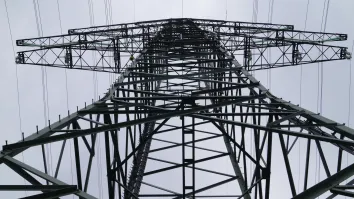



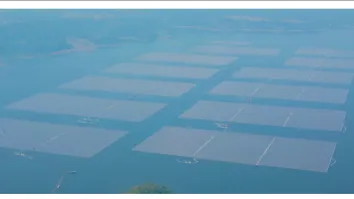
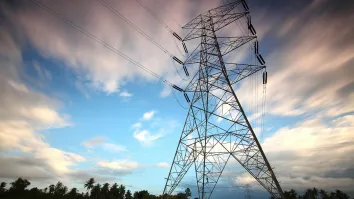




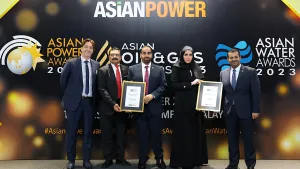






 Advertise
Advertise






